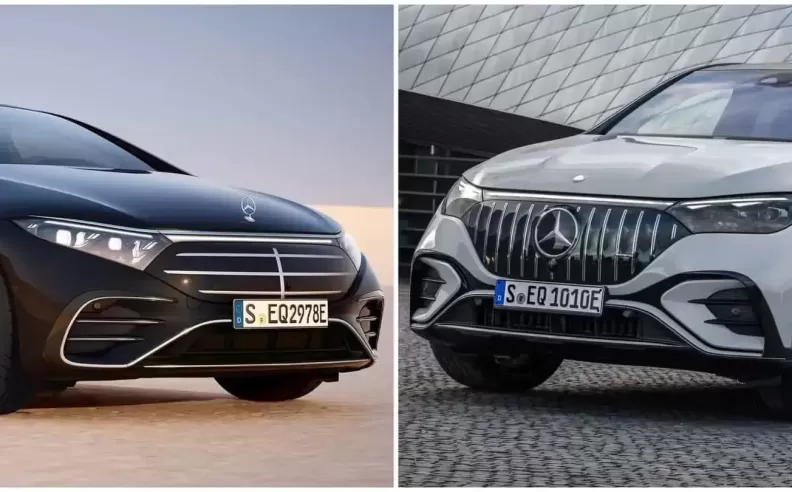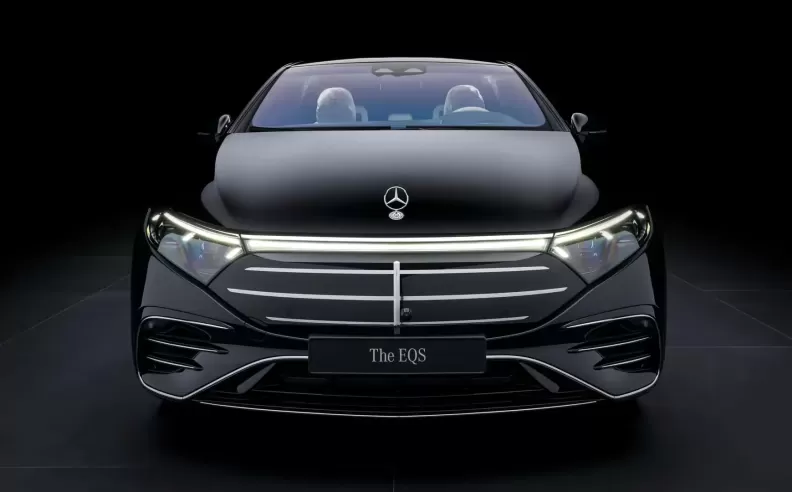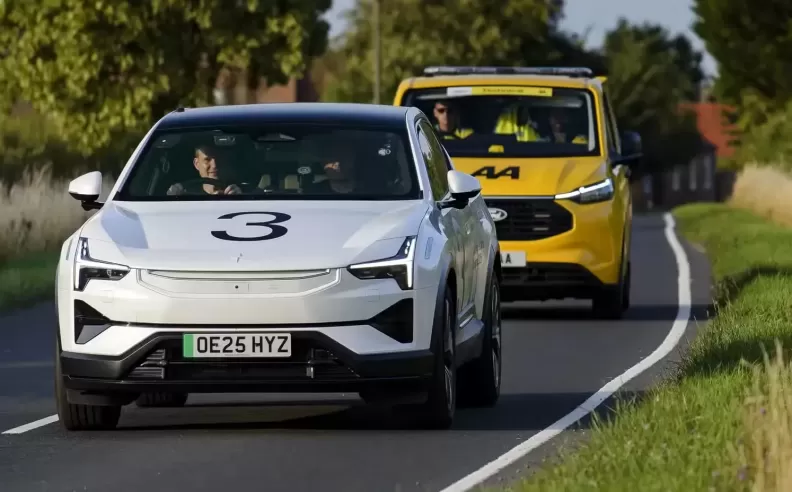
Mercedes-Benz has decided to cancel the development of the next-generation platform for its flagship electric vehicles (EVs), the EQS and EQE, due to disappointing sales figures for the current models. This decision, first reported by German publication Handelsblatt and quoted by Autocar, highlights the challenges faced by the automaker in the rapidly evolving EV market.

The new platform, known as MB.EA Large, was scheduled to launch in 2028 and was anticipated to be a cornerstone for the successors of the EQS and EQE models. However, insiders revealed that Mercedes-Benz has opted to discontinue this platform to save an estimated $4.3 billion to $6.5 billion in development and retooling costs. Despite a significant year-over-year increase in sales, Mercedes-Benz's overall EV performance has been underwhelming. In 2023, the company sold 43,202 EVs in the United States, marking a substantial 248% increase compared to 2022. However, this figure still pales in comparison to competitors like Rivian, which delivered over 50,000 EVs, including commercial vehicles, in the same period. Moreover, Mercedes-Benz experienced a 4.5% decline in U.S. sales in the first quarter of 2024, managing only 8,336 units.
While the MB.EA Large platform has been shelved, Mercedes-Benz is not abandoning its electric vehicle ambitions. The company will continue to develop the MB.EA Medium platform, which will underpin the next-generation EQC sedan and SUV, rebranded under the new naming structure for battery-powered cars.
The successors of the current EQS and EQE, including their sedan and SUV variants, will be built on an upgraded version of the existing EVA2 platform. This revamped platform will feature significant technological improvements, including an upgrade from a 400-volt to an 800-volt charging architecture, more energy-dense battery cells, and more efficient electric motors. These enhancements are aimed at boosting the performance and appeal of Mercedes-Benz's flagship EVs.
Broader Platform Strategy
Mercedes-Benz is also progressing with other platform developments. The MMA platform is being designed for both electric and combustion engine compact models like the CLA, GLA, and GLB. Additionally, the MB.AMG platform is in the works for sports cars, while the MB.Van platform will cater to commercial vehicles.
This strategic pivot reflects broader adjustments in Mercedes-Benz's EV goals. The company has postponed its target to achieve a 50% share of electrified cars from 2025 to 2030 and rolled back plans to sell only EVs by 2030 in certain markets. These changes indicate a more cautious and flexible approach as Mercedes-Benz navigates the complex and competitive landscape of the global EV market.
Mercedes-Benz's decision to cancel the MB.EA Large platform underscores the challenges even established automakers face in the rapidly changing EV sector. By focusing on refining existing technologies and platforms, Mercedes-Benz aims to strengthen its position and better meet the demands of the evolving market. As the company continues to innovate and adapt, its future in the electric vehicle market remains a key area of interest for industry observers and consumers alike.

Wael is an automotive content writer specializes in creating written content for Motor 283. Producing a wide range of content, including blog posts, articles, product descriptions, reviews, and technical guides related to cars, trucks, motorcycles, and other vehicles, with an unprecedented passion for cars, and motorcycles.
